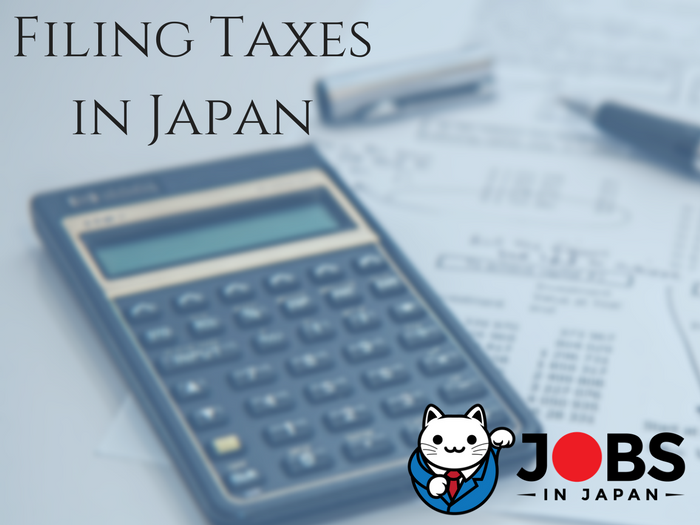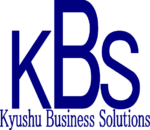
Doing taxes can be a really worrying thought, but the experience of it here in Japan is nowhere near as terrifying as you might think.
Depending on your situation, you may have one of a few scenarios:
- Your have a full-time job and your employer is doing your taxes for you.
- You have a full-time job and your employer is not doing your taxes for you.
- You have a few part-time jobs stitched together to make up a full-time salary and you definitely have to do your taxes yourself.
Here’s the thing, being in the second or third situation might be better for you, as doing your own taxes can net you a lot of deductions that your company might not care to look for.
Keep your receipts
Having all of the receipts for relevant deductions will save you a lot of money on your taxes. Expenses can be sorted into:
- Utilities (energy, gas, water) can be deducted in some cases
- Rental for business purposes (if applicable for freelancers this includes co-working office space or your house if you have a specific location for your home office that meets a certain size requirement)
- Business expenses (hardware like laptops, printing or mailing done for business purposes)
- Travel expenses (this can include trains, hotels or flights that have been used for a business trip), up to a certain reasonable amount.
- Scholarships aren’t taxable either, so if you are studying and have a scholarship, bring the paperwork to get a deduction on this too.
- Receipts for National Health Insurance and Pension payments (these are non-taxable)
- Also for any charities or political parties you might have donated to, also not taxed.
Your employer might not ask you for most of these, and while they might do some of the big deductions like health and pension if they are also paying their fair share, they might miss out on a lot of the other deductions that could mean tens of thousands of yen to you.
What you need to do your taxes:
When you go to the tax office from February 15th this year, you’ll need to bring a few things to make sure you can do this in one go and not have to go back home.
- Gaijin Card
- My Number Card
- All of your 源泉徴収票 (genzen choshuuhyou) – Tax withholding slips
- Inkan (personal seal)
- Expenses like travel (hotels and flights count if they are for business)
- Bank books (in case they want to check income and expenses)
Don’t forget to bring your phone when you go to the tax office with a translation app on it.
They will help you at the tax office
Most of the time we think of public services here to be a very difficult situation. Going to the ward office to move house can be annoying, as in 90% of cases there is nobody there who can speak English, and even if you can get by with daily Japanese you’re often asking for forms that have a lot of kanji or words you don’t understand. They are complicated forms, and tax is no different. Using some kind of translation app will sometimes miss the nuance of the particular word in Japanese, so you may end up making a mistake on your form. This is why I highly recommend you go to the tax office. Surprisingly, at every tax office I have done this the staff have been more than helpful, even if they don’t speak English! This may be because they really want to just get you in, get your taxes done and get you out so they can help others too. It’s a legal requirement to get those taxes done so they really will go out of their way to help you figure this out.
On top of that, going to the tax office will get you that all important hanko, the official stamp from the tax office. This is huge, as it means that an official tax person checked your filing, which will give you a lot of room to wiggle if anyone has any questions for you down the line.
Can I do my taxes by myself?
Absolutely. Many companies will offer to do your taxes for you, but bear in mind that they won’t work overtime to get all of those tax breaks and file every expense they can. You can save quite a bit if you go to the tax office and do everything yourself, and it only taxes a few hours here as opposed to what I hear can be a crazy amount of time in the US. Don’t worry, they just want you to pay the right amount and they aren’t going to put you in jail if you miss something out. In 2015 my company made a mistake on my tax filing and I didn’t pay taxes on over ¥1m in earnings. All they did was ask me to pay the difference when they found out (still hurt though…).
Don’t be afraid, you can file your own taxes in Japan. If you have your own business it might be a little bit more complicated, in which case you may want to look for a bilingual tax accountant to help you. Check out the long form article on Live Work Play Japan for a recommended one.













